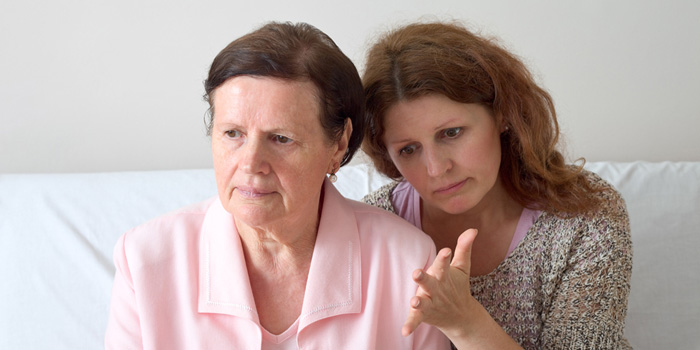Given a choice, most elders do not want to leave their homes as they age. They understand their “space” and want to stay in it. But, aging in place requires acceptance and accommodation. Sometimes it works out, but it can be challenging.
Some seniors stubbornly hang on to the idea that they are “fine” and unrealistically cling to the idea that they can go on living independently forever. Fortunately, in-home care can greatly extend the time that this is possible. And the introduction of “help” is much more easily accepted than relocation to a “home”.
There are realities to deal with, however.
Fantasies that nothing will change.
The idea that nothing will change as they age is a fantasy held by many seniors. Sometimes the concept of strangers coming into a home they may have occupied solely for many years can be disorienting and uncomfortable.
Gradual transitions.
As a senior’s needs change, gradually introducing more and more help into the situation often works well. Getting the process started is usually more successful than aim abrupt change brought on by a hospitalization or other unplanned loss of independence.
Stubbornness.
Obdurate aging parents can make care management transitions very hard on the family. Often it takes a major physical decline to convince an elder that living completely alone is no longer a safe alternative. They will resist as long as they can.
The Right to be Wrong.
As long as an aging parent is lawfully able to make their own decisions, they have a right to make unsafe choices, even though you may passionately disagree. You can’t force them to behave as you wish if they retain the capacity for making decisions.
For those with an inflexible aging loved one, don’t give up hope that they can change. Physical impairments can become very persuasive. Be patient and hide the throw rugs.

